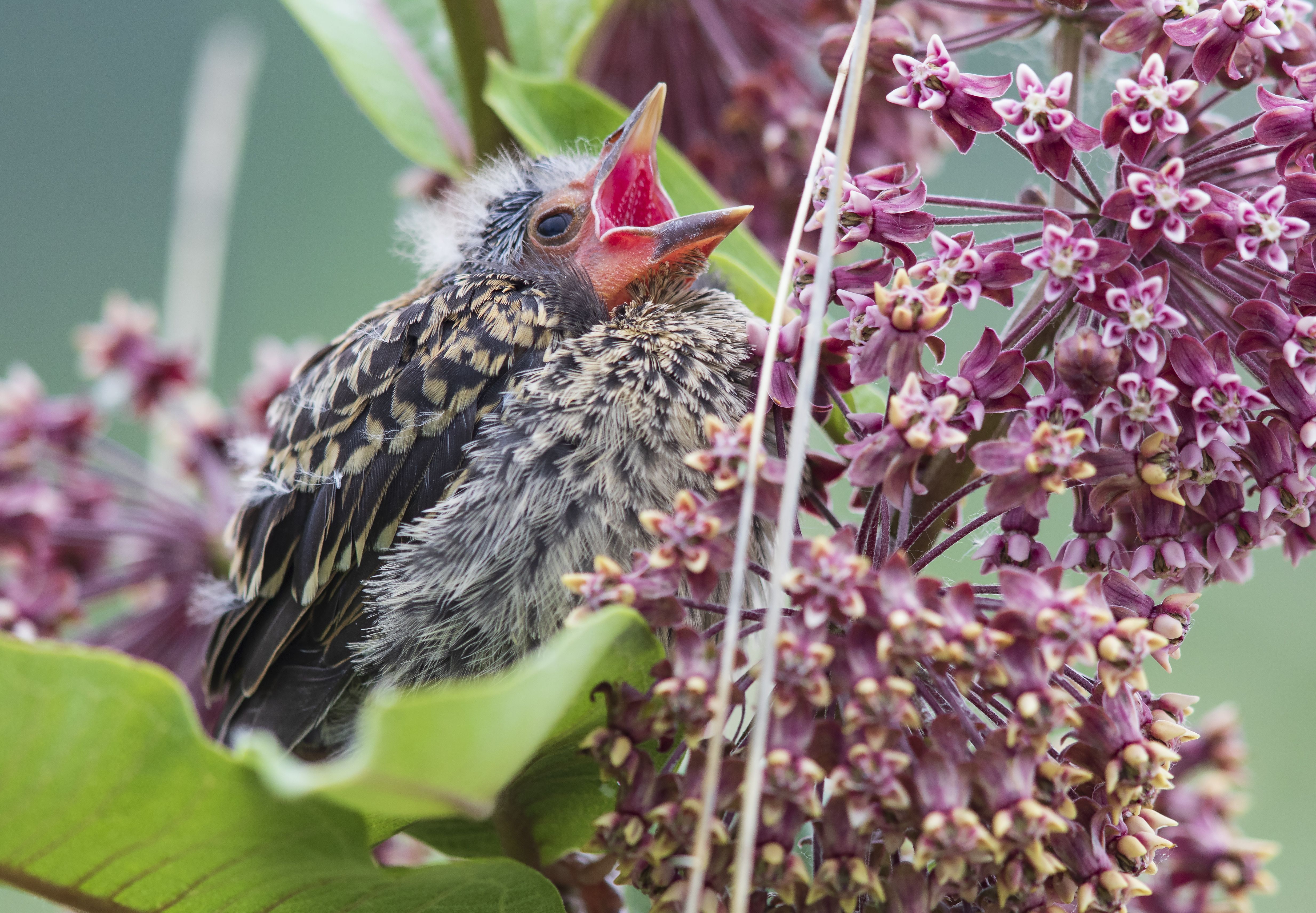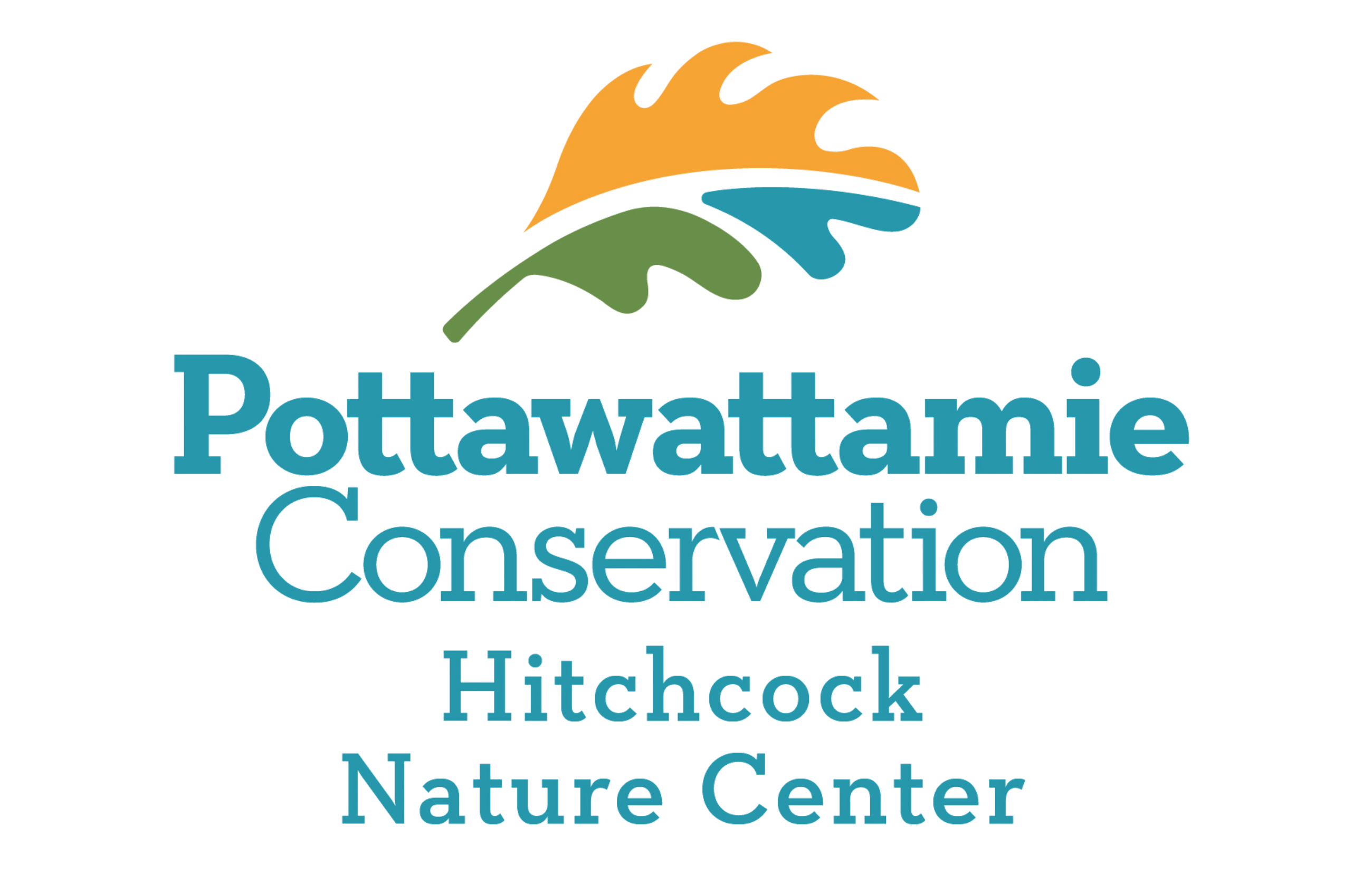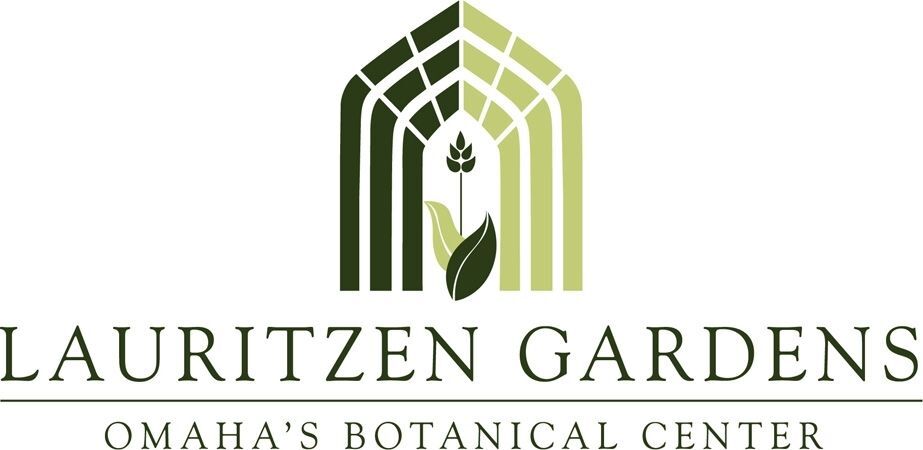
If the early bird does, indeed, get the worm, Nebraska State Senator George Dungan, a Lincoln Democrat, is getting a jump on two issues resonating with the values and mission of Audubon Society of Omaha. He has introduced a bill to give nature lovers a head start on making their own corner of the world more environmentally friendly and a resolution to create a constitutional right to “a clean and healthy environment” for all Nebraskans.
Legislative Bill 137 (LB137) would enable Nebraskans to create and cultivate pollinator-friendly gardens and landscaping features. The legislation would effectively prevent homeowners associations (HOAs) from prohibiting certain types of plants and gardens.
Specifically, LB137 would allow people to design and develop “a garden of any size that is designed to support pollinators, such as bees, butterflies and hummingbirds, by providing food, water and shelter.” These gardens also must comply with political subdivision pollinator garden programs. If passed, the legislation would make any HOA provision that outlaws such native landscaping null and unenforceable. LB137 would prevent HOAs from imposing fines or other forms of retaliation on those who are simply trying to preserve and promote Nebraska’s native environment.
Dungan, and many Nebraskans, believe that returning native flowers, grasses and trees to the landscape is vital to stemming the tide of biodiversity loss. Similar legislation has passed in other states, including Colorado. Dungan’s bill now rests with the Unicameral’s Judicial Committee.
Through Legislative Resolution 22CA (LR22CA), Senator Dungan is proposing to create a constitutional right for all Nebraskans to “a clean and healthy environment, including pure water, clean air, healthy soils, balanced ecosystems, a safe climate, and diverse and abundant native flora and fauna, and to the preservation of the natural, cultural, scenic, recreational, and healthful qualities of the environment.”
The language of the amendment puts the state and its subdivisions in charge of stewarding these natural resources on behalf of every citizen. If passed by the Unicameral, this resolution would be placed on the general election ballot so that Nebraska voters can decide whether they want to enshrine this right in Nebraska’s Constitution. Such a right would allow ordinary citizens to request state action to protect the state’s prairies, rivers, and hills, regardless of whether individual citizens own the land in question or are well-connected politically. Other states, such as Montana, include a right to a clean environment in their state constitutions. This resolution has been introduced into the Natural Resources Committee.
In case you’re wondering about the differences between bills and resolutions introduced in the Unicameral, here’s a quick primer. Bills change state law and must go through the formal lawmaking process. Resolutions do not change state law. Instead, they aim to change internal legislative rules, make official declarations, enable interim studies, or place initiatives, referenda, or constitutional amendments on the ballot for voters.
If you believe that LLB137 and LR22CA align with your values and beliefs, as well as the values and mission of Audubon Society of Omaha, please contact your state senator and make your voice heard.










